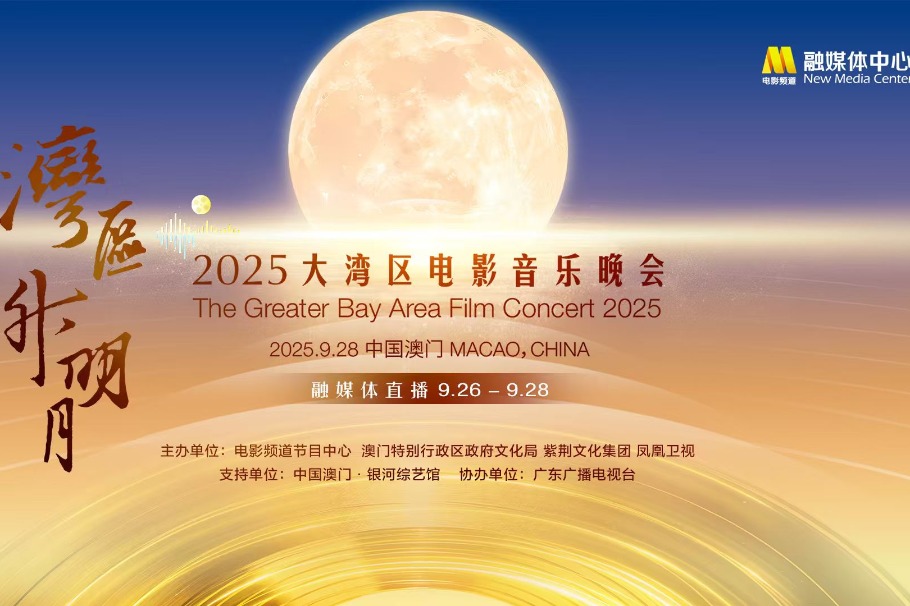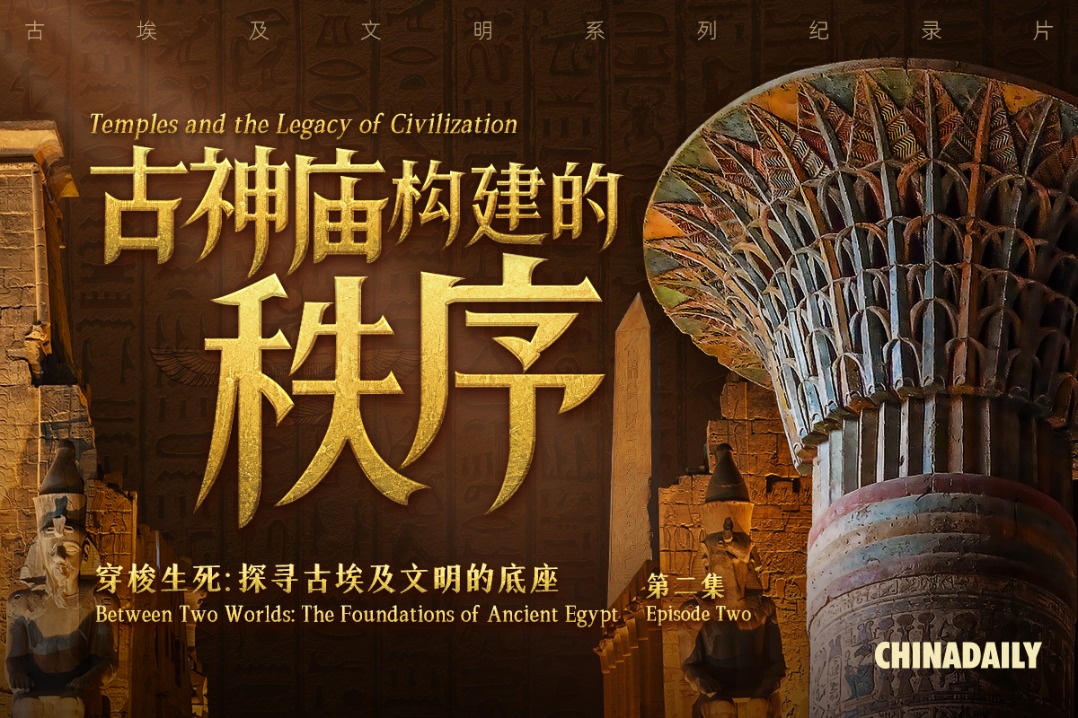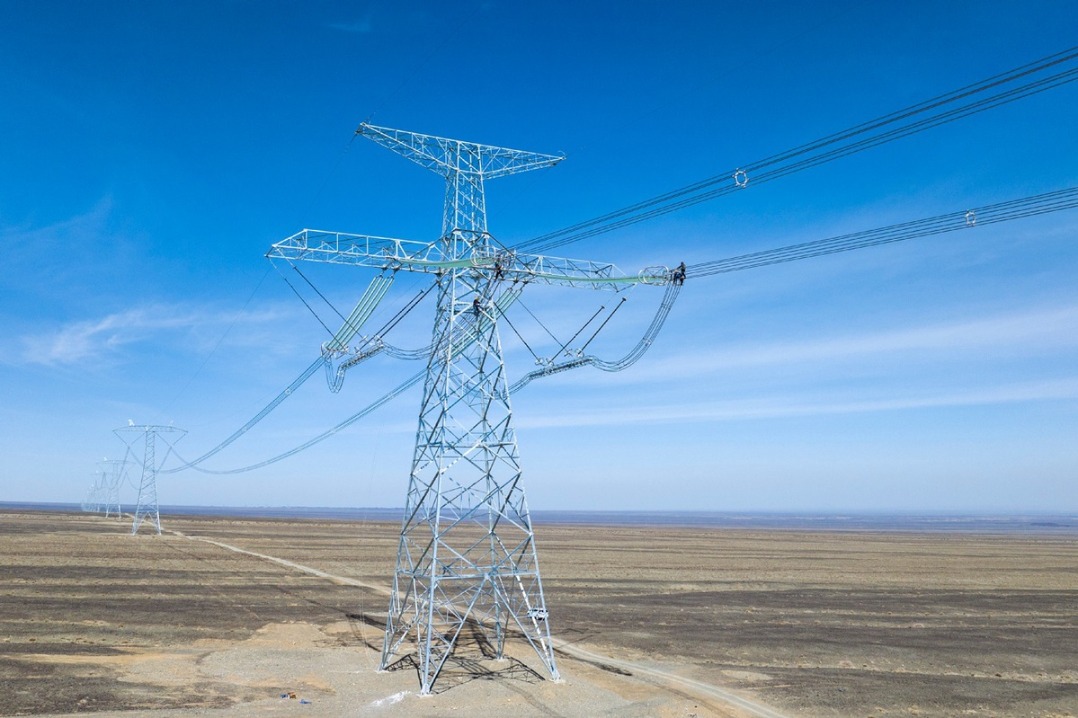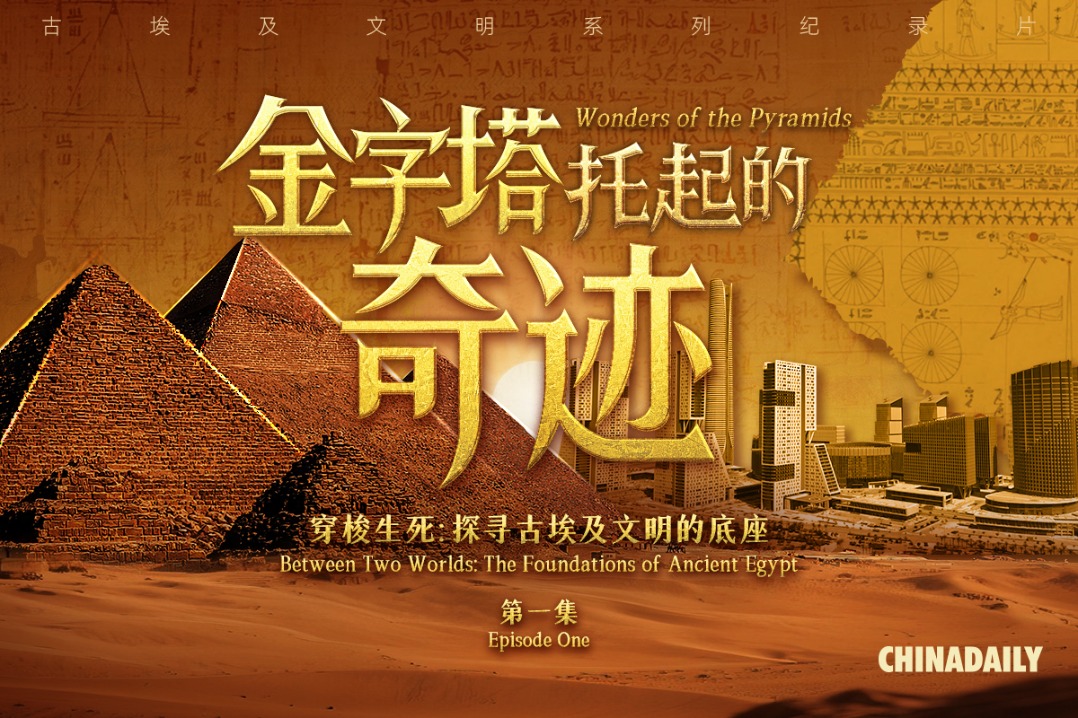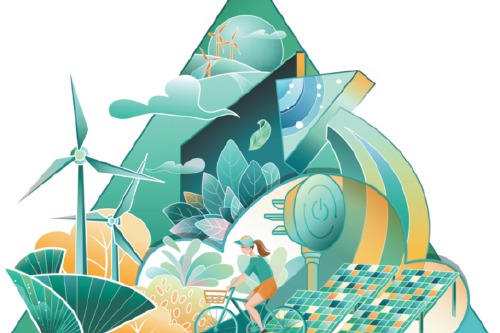Calming influence

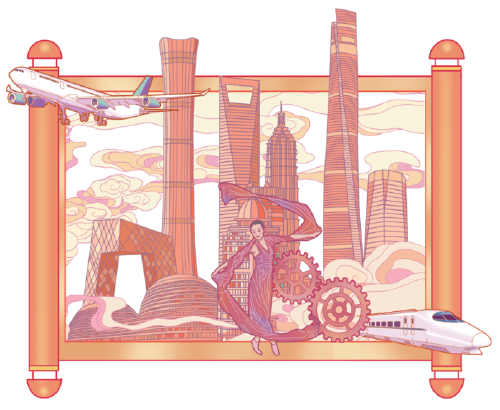
The rise of the Global South has fostered greater South-South cooperation that is shaping the global future
The second half of the 20th century saw the vitality of developing and emerging economies in their pursuit of rapid economic growth. By 2025,the Global South is projected to become the main driver of global economic growth. Its share of world GDP is expected to reach around 45 percent in 2025. As of 2023,the Global South accounts for about 44 percent of the world's merchandise exports. Including over 160 countries and 85 percent of the world's population, the Global South has taken a leading role in green development, notably with China producing over 80 percent of solar panels and leading in new energy vehicles and battery storage.
The so-called East Asian Tiger economies, such as the Republic of Korea and Singapore, have demonstrated that economic catch-up is possible by leveraging latecomer advantages and adopting innovative institutional practices. Late developers need not follow a linear development path; their growth is not limited by legacy technologies and residual assets, allowing them to capitalize on new technological capabilities and to progress through imitation and innovation.
Since its reform and opening-up in 1978, China has experienced remarkable economic growth, averaging over 9 percent for more than four decades. The country has lifted 800 million people out of extreme poverty, the highest number in history. It has become the largest contributor, responsible for more than 70 percent of global poverty reduction, inspiring emerging and developing nations to strive for poverty alleviation. China has established itself as the world's manufacturing powerhouse, producing 30 percent of global manufacturing and becoming the world's leading exporter. Since joining the World Trade Organization in 2001, China has invested heavily in technological progress. After 2012, China shifted strategically from capital-driven growth to an innovation-based economy, prioritizing quality of development over mere growth and rebalancing its economy to support green development. Today, China's progress is celebrated as a major achievement for the Global South. Without China, the world we live in would be different.
China has demonstrated its leadership in promoting South-South cooperation, with the Forum on China-Africa Cooperation, established in 2000, serving as a pioneering platform and a strategic institutional innovation. China-Africa development cooperation has become one of the most successful partnerships, reaching significant milestones in trade and economic cooperation. China-Africa trade increased from about $10 billion in 2000 to nearly $300 billion in 2024,making China Africa's largest trading partner. Africa's infrastructure development has been boosted by China's development experience and financial support — in the form of grants, concessional loans and commercial loans — amounting to approximately $190 billion, mainly directed toward energy, transportation and communication infrastructure.
The scope of China-Africa cooperation adjusts to the changing global development landscape, the needs of African nations and the capabilities of both parties. As emphasized at the FOCAC Beijing Summit last year, digital transformation and green development are promising areas for partnership.The realignment of agriculture has become a priority due to the urgency of food security and Africa's potential to feed the world and emerge as a major exporter of agricultural products — including high-value items.
The guiding principles for China-Africa relations emphasize mutual benefits, win-win cooperation, noninterference in internal affairs and collaborative approaches. China-Africa institutional innovation offers valuable experiences for the Global South. BRICS has expanded to include new African members such as Egypt and Ethiopia. BRICS has now surpassed the G7 in terms of GDP. Regional unions, exemplified by the African Union and the Association of Southeast Asian Nations, which together encompass over 2 billion people, have demonstrated significant progress. Cooperation between China and ASEAN has emerged as the largest trade partnership.
These institutional innovations have been crucial drivers for the Global South, highlighting the urgency and importance of research and think tanks in fostering knowledge creation, assessing progress and difficulties, and supporting policy and strategic choices.While the two sides mark the 25th anniversary of the FOCAC and progress in the collaboration of the Global South amid a highly volatile global landscape — characterized by polycrises, uncertainty, geopolitical tensions, and the rise of unilateralism and protectionism that are pushing the world toward the edge of a catastrophic global war and hindering global multilateralism — think tanks from the Global South will play a vital role.
The driving spirit of South-South cooperation primarily focuses on promoting economic collaboration among its members, supporting peaceful development, embracing multilateralism and equality, and working collectively to reform the global governance system. It is guided by three pillars. First and foremost, modernization is the sovereign right of developing and emerging economies. Second, countries should embrace multilateralism and a multipolar world, collaborating for shared prosperity and peaceful development. Achieving the United Nations 2030 Agenda for Sustainable Development, alongside the Paris Agreement's target for capping greenhouse gas emissions, is the foundation for effective collaboration. Third, a dialogue of civilizations is essential for peaceful development and ensuring mutual cooperation.
The recent global tariff war affecting all countries does not follow the rules-based multilateral trading system, which has opened opportunities for both wealthy nations and the Global South. This trade conflict and rivalry weaken the economic vitality of the global economy. China and other countries in the Global South have responded with calmness and wisdom. China exempted products imported from 53 African countries, providing 100 percent duty-free access. The joint stance will help protect multilateralism and ease the rising tensions that have caused uncertainty and turbulence worldwide.
The author is former senior minister and special adviser to the prime minister of Ethiopia. The author contributed this article to China Watch, a think tank powered by China Daily.
Contact the editor at editor@chinawatch.cn.
















